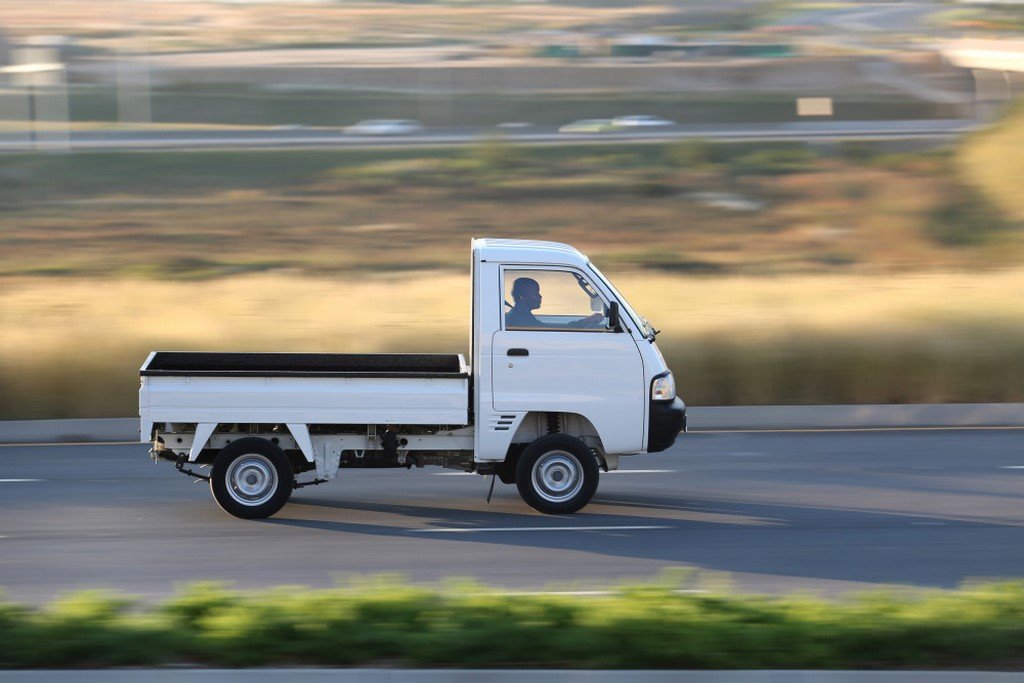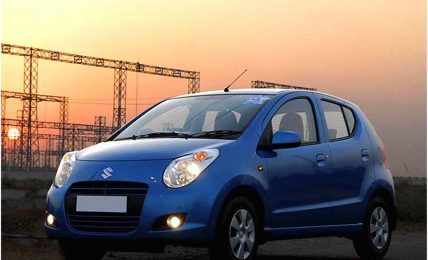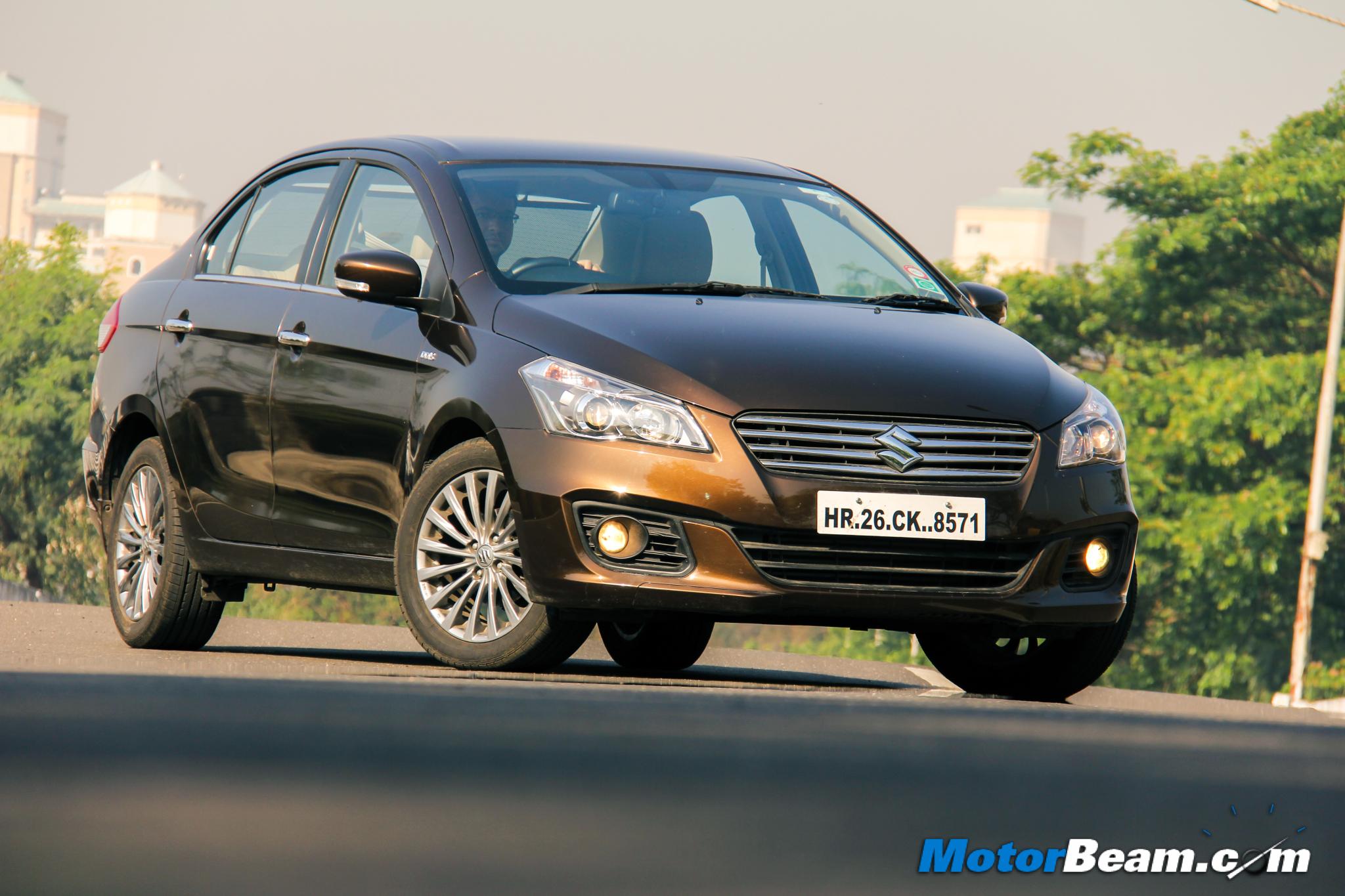Maruti Suzuki is developing affordable hybrid technology that could be offered on its range of small cars starting from the entry-level Alto up to the premium Swift hatchback, without shelling out a significant premium over the regular model.
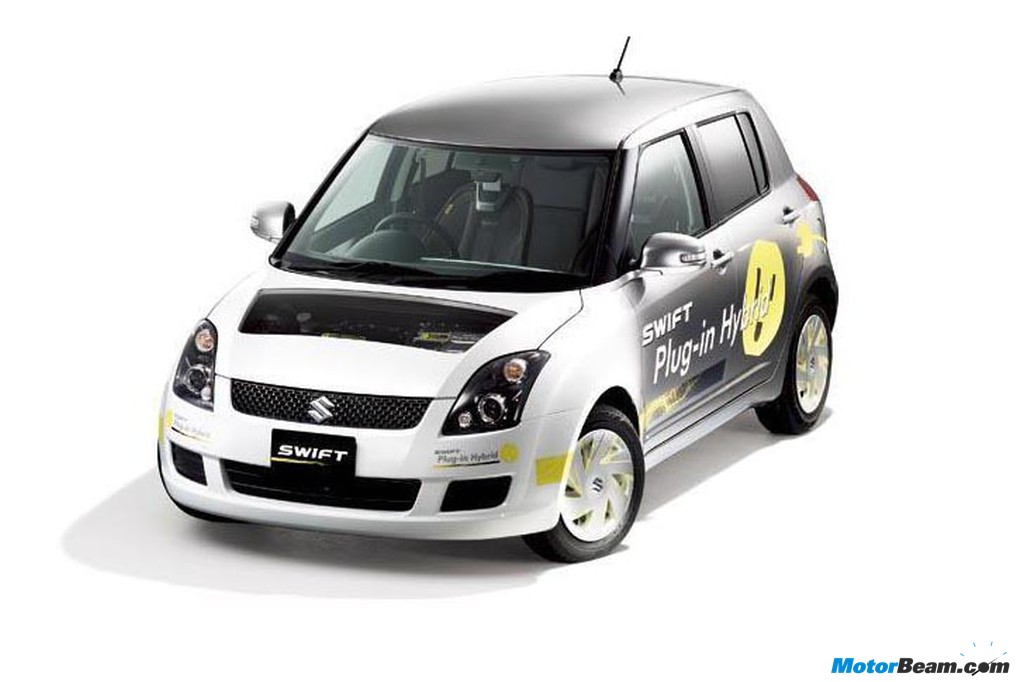
In a bid to improve fuel efficiency and lower carbon emissions, Maruti Suzuki has commenced work on developing low cost hybrid technology that will be powering a range of models in the company’s lineup. Maruti’s Japanese arm Suzuki is currently developing the technology at its Japanese headquarters along with inputs from the Indian R&D engineers that will be available on its range of small cars including the entry-level Alto as well as the premium Swift hatchback. The company says that the aim is to make hybrid technology affordable and only marginally expensive than the existing petrol powered vehicles.
Hybrid vehicles use the conventional petrol engine in collaboration with non-conventional propulsion systems like an electric motor to power the vehicle. The electric motor is connected to a battery and works in a combined effort to offer improved fuel economy and lower CO2 emissions, while recharging systems like regenerative braking work to charge the battery. Suzuki already has a hybrid version of the Swift internationally, but the technology is too expensive to be employed for the Indian market. The company is instead working on a low cost hybrid system that will be ready in a 3-4 years.
Maruti stated that the need of the hour is a suitable hybrid system which is available at a low cost. Hybrid technology powers a lot of vehicles today, but the cost is very expensive and can only be found on more premium vehicles. However for the hybrid system to work in India, the cost factor plays an important role and could make or break its acceptance in the country. The idea is to grow out of the 25 km/l barrier for fuel efficiency and the inclusion of hybrid technology will help the automaker to achieve at least 20-30 percent higher fuel efficiency on its vehicles.
Maruti hit the bulls eye when it launched the Celerio with AMT this year. Albeit an old technology, the AMT provided just the right technology that has made automatics more popular among new car owners who do have to compromise on fuel efficiency in favour of comfort. Falling on the same principle, Maruti wants to offer low cost hybrid technology that will be marginally more premium to own and live with, when compared to a conventional petrol powered car, especially with India being a cost conscious market. With the extensive amount of sales, the company can also distribute the investment more evenly that further helps them in effective pricing.
Maruti Suzuki is also hoping to receive subsidy for hybrid vehicles from the central government once the National Mission For Electric Mobility policy has been rolled out. According to the proposed policy, the inclusion of hybrid and electric vehicles on road will lead to savings of 0.4 million tonnes of liquid fuel by 2020, thereby reducing the country’s dependency on imported fuel. Moreover, the policy estimates sales of 1.4 million electric and hybrid vehicles by 2020 that will help achieve the goal.
Maruti has not been the only Indian carmaker who is planning to adopt hybrid technology. Mahindra showcased the XUV500 diesel hybrid earlier this year that will be the world’s first diesel hybrid equipped with a manual transmission. Codenamed W202, the hybrid SUV is expected to be production ready in the next two years. The automaker has also been working in collaboration with REVA to roll out electric vehicles that have found limited takers across the country. Currently, very few hybrid vehicles are on sale in the country and include the Toyota Prius and Camry hybrids, while BMW will be launching the i8 hybrid supercar later this year.
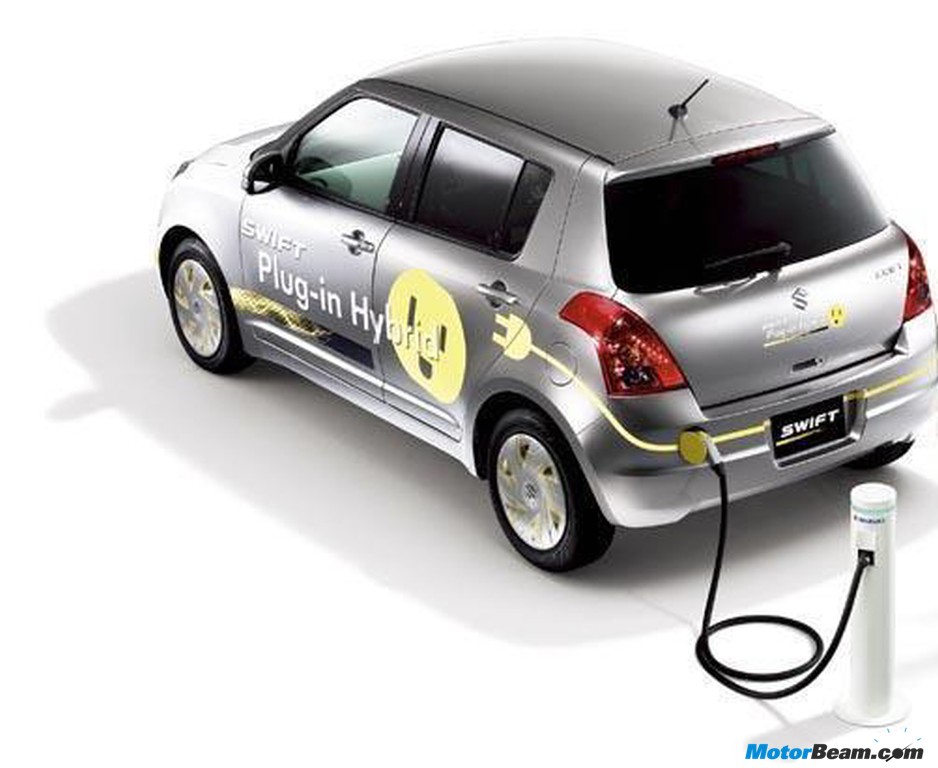
Source – ETAuto


